Saving & Budgeting for a Pre-Construction Condo

Buying a pre-construction condo, yes, it is very exciting. And lucrative, of course! You get a chance to lock in today’s prices and customize your space. At the same time, sit back and watch your investment grow. But here’s the thing: those perks come with a price tag!
The sticker price is not the only factor you need to consider here; there are other costs that can add up, like deposits, closing costs, and monthly fees. And like any other big decision in life, you need a plan, a strategy, to make that dream home a real and tangible one!
Hello, I’m Jatin Gill, and I’ll tell you how with the right strategy and a bit of discipline, saving for a pre-construction condos in Toronto is totally doable.
Ready? Let’s break it down together.
Read: Step-by-Step Guide for First-Time Pre-Con Buyers
Costs of a Pre-Construction Condo
Don’t judge a book by its cover. You’ve heard it before, definitely, well, the same goes for condo prices. Simply put, it’s not just about the shiny price on the brochure; there are other costs to consider. When budgeting for a new condo purchase, consider:
Down Payment Requirements
In Ontario, most pre-construction condos require a bigger down payment than resale units. But the silver lining? It’s usually spread out over time.
Typical structure:
- 5% at signing
- 5% in 6–12 months
- 5% in 12-24 months
- Final 5% at occupancy (in some cases)
That gives you a bit of breathing room. Still, 15–20% of the purchase price adds up fast, especially if you’re eyeing a place in the GTA.
Let’s break it down with a real-world example.
Meet Sarah — a 32-year-old marketing professional who’s buying a one-bedroom unit at Q Tower, a new pre-construction development in downtown Toronto. The unit price is $750,000. Like many buyers, Sarah was initially nervous about coming up with the full down payment. But here’s how the payment plan works in her case:
Q Tower Payment Structure:
- $10,000 on signing
- Balance to 5% in 30 days
- 2.5% in 200 days
- 2.5% in 365 days
- 5% 90 days before occupancy
- 5% on occupancy (expected in 2029)
What does that look like in dollars?
- $10,000 on signing
- $27,500 in 30 days → That brings her to the full 5% of $750,000 ($37,500)
- $18,750 in 200 days (2.5%)
- $18,750 in 365 days (another 2.5%)
- $37,500 about 90 days before occupancy
- $37,500 at occupancy in 2029
That’s a total of $150,000 (20% down), but spread out over several years. For Sarah, this means she doesn’t need to have all that money ready upfront — instead, she can budget and save strategically over time.
It’s one of the key advantages of buying pre-construction: you get time to build up your down payment while securing today’s prices.
Read: The Down Payment Playbook For Canada’s Housing Market
Closing Costs
On top of your down payment, you’ll need to budget for closing day. These are the costs people often forget—and regret.
Expect to pay for:
- Land Transfer Tax (provincial and possibly municipal)
- Development charges and levies
- Legal fees and disbursements
- HST (if not included in the purchase price)
Approximate range? Around 3–5% of the purchase price. It’s not pocket change.
Read: Buying Pre-Construction Condo in Ontario: Interim Occupancy vs Final Closing
Ongoing Costs
Once you’ve moved in (or during interim occupancy), the bills keep coming. Condo life isn’t set-it-and-forget-it.
Ongoing expenses include:
- Monthly condo maintenance fees
- Property taxes
- Utility bills (water, hydro, internet)
- Interim occupancy fees (before final closing)
Surprise bills in the mail? Oh, nobody likes them! The solution? Knowing all about these costs helps a lot. Read: Your Guide to Condo Maintenance Fees

Saving Strategies for the Down Payment
You know now what you’re up against. So, let’s talk about building your down payment fund. It doesn’t have to be overwhelming—just smart and steady. Marathon, not sprint!
Set a Clear Savings Goal
First things first—know your number. Eyeing a $600,000 condo? You’ll need somewhere between $90K – $120K just for the down payment.
Break it down:
- Target amount based on local condo prices
- Smaller savings milestones (e.g. $10,000 every 6 months)
- Deadline that lines up with builder’s payment schedule
Putting it on paper makes it real.
Automate Savings
Out of sight, out of mind—in a good way. Automating your savings is one of the easiest ways to stay on track.
Smart moves:
- Automatic transfers to high-interest savings or TFSA
- Set contributions to match your milestones
- Let compound growth do its thing (especially in a TFSA)
Set it & forget it—that little trick can quietly grow your bank account.
Cut Non-Essential Spending
Grab a notebook and jot down one non-essential expense you could cut this week, what’s it gonna be?
Trim the fat:
- Eating out less often
- Pausing unused subscriptions
- Shopping with a list & a budget
Small sacrifices today = big rewards tomorrow!

Boost Income
Sometimes saving more means earning more. There’s no shame in the side hustle game.
Extra cash ideas:
- Freelance gigs or tutoring
- Rideshare driving or food delivery
- Selling unused stuff online
- Asking for a raise or exploring new job opportunities
Every extra dollar brings you closer to your keys.
Leverage Government Programs
Why not use the tools already built to help you?
Useful options:
- Home Buyers’ Plan (HBP) for withdrawing from RRSPs
- Land Transfer Tax rebates for first-timers in Ontario
Free money (or reduced costs) is always welcome.
Budgeting for Ongoing Costs
Saving for the down payment is just one piece of the puzzle. Once the condo is yours, the real monthly grind kicks in, and trust me, it pays to be ready.
Create a Realistic Monthly Budget
You don’t need to be a spreadsheet wizard, just honest with yourself about income and expenses. A simple rule can go a long way.
Try this:
- 50% needs (mortgage, condo fees, bills)
- 30% wants (dining out, entertainment)
- 20% savings or debt repayment
Things like property tax, insurance, & those pesky utility bills, don’t forget to factor them in. These costs have a sneaky way of creeping in!
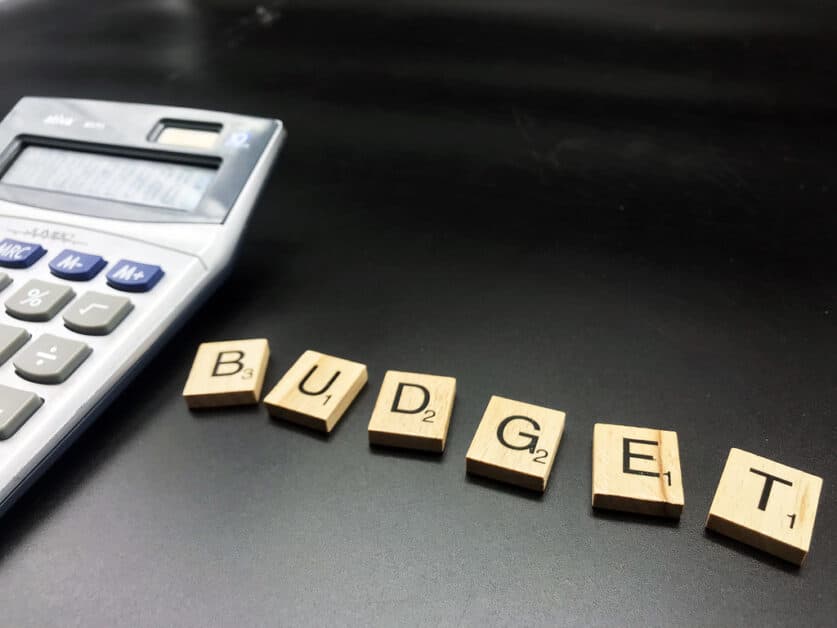
Build an Emergency Fund
Because life happens. Construction delays, job changes, medical expenses – they don’t wait for your budget to catch up.
A solid emergency fund:
- Covers 3–6 months of living expenses
- Sits in an accessible, separate savings account
- Offers peace of mind during uncertain phases (like interim occupancy)
Better safe than sorry.
Read: What to Do if Your Pre-Construction Condo Project Gets Delayed or Cancelled
Plan for Lifestyle Changes
Homeownership isn’t just a financial shift—it’s a lifestyle shift. Condo fees and fixed payments might mean trimming other areas.
Things that might take a back seat:
- Frequent travel
- Weekend shopping splurges
- Impulse subscriptions or luxury upgrades
You’re building something bigger—and that’s worth the trade-off.
Monitor & Adjust the Budget
A check-in once in a while is a must; even the best plan needs a review. Your situation evolves, so keep your budget flexible and updated.
Helpful tools:
- Budgeting apps like YNAB, Mint, or Spendee
- Quarterly reviews of income vs expenses
- Tracking unexpected costs for future planning
A budget isn’t a cage; it’s a compass.
A Monthly Budget Planner for Condo Life
| Category | Estimated Monthly Cost | Notes |
| Condo Maintenance Fees | $400–$800 | Developer estimate; possible fee increases over time |
| Property Taxes | $200–$500 | Based on assessed value; municipal guidelines |
| Utilities (Water, Hydro, Internet) | $100–$300 | Usage-based; higher costs for larger units or work-from-home setups |
| Interim Occupancy Fees | $1,000–$2,000 | Before final closing; interest, taxes, and maintenance included |
| Other Needs (Mortgage, Insurance) | Varies | Monthly mortgage plus insurance premiums |
| Wants (Dining Out, Entertainment) | Varies | Around 30% of income; fun spending like coffee, takeout, movies |
| Savings/Debt Repayment | Varies | Around 20% of income; emergency fund or loan payments |
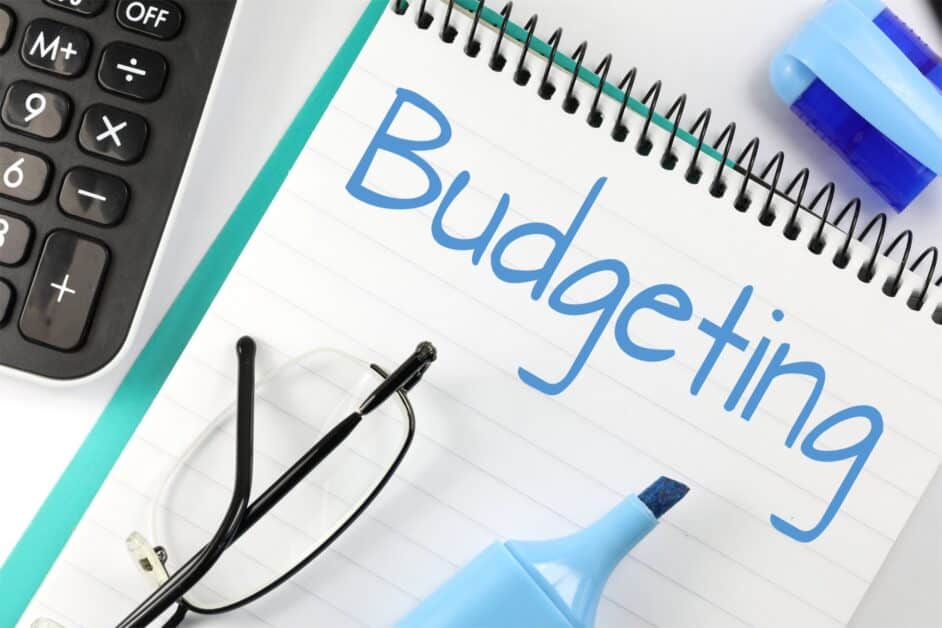
Additional Tips for Success
Extra effort now really pays off down the road.
Work with a Financial Advisor
Don’t try to figure it all out on your own. You don’t have all the market details or know-how. An experienced expert can help you build a plan that fits your lifestyle & goals.
Benefits of expert guidance:
- Custom savings strategies
- Investment options you might not know about
- Help avoiding common first-time buyer mistakes
Think of it as hiring a coach for your money game.
Research the Developer and Project
Do your homework before handing over your hard-earned cash.
Smart buyer knows:
- Builder’s past projects & reviews
- Information on delays, cancellations, or legal issues
- Clear understanding of payment schedule & buyer rights
Peace of mind starts with good information.
Stay Disciplined & Patient
There is a pre-construction condo timeline. From deposit to occupancy, you’re likely looking at 2–5 years.
What helps:
- A long-term mindset
- A visual goal tracker or countdown
- Reminding yourself why you started
Slow and steady wins the race. The real estate investment world is no exception!
Read: The Pre-Construction Condo Timeline Explained
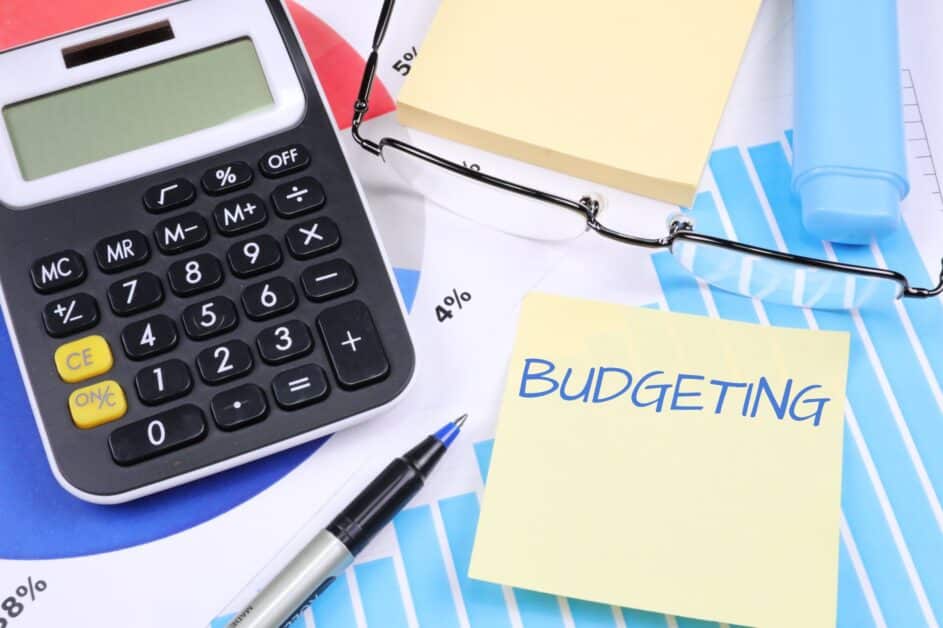
Bottom Line
Finding the right unit is one part of the condo-buying process. The other piece of the puzzle—which is sometimes even more important—is preparing your finances. What you need is a smart plan, yes, a budget. The right approach is to develop smart saving habits. That way, your dream condo will soon become real keys!
As I told you before, professionals can make the process much smoother. At Platinum Condo Deals, we know the ins and outs of the Ontario and GTA real estate market and are here to help. Contact us, and let’s build a plan that works for you.
Jatin Gill, an esteemed authority in real estate writing, is celebrated globally for his unparalleled expertise. With over 20 years in the industry, he has authored more than 1,000 SEO-friendly articles covering every facet of real estate. Specializing in pre-construction projects, Jatin's extensive knowledge spans all real estate topics. His content is a go-to resource for anyone seeking comprehensive, insightful, and up-to-date information in the real estate market.
Learn MoreFAQs
Most builders require 15–20% of the purchase price, paid in stages over time, usually starting with 5% at signing, then more at set milestones.
Expect to pay around 3–5% of the purchase price. This includes legal fees, land transfer tax, development charges, and possibly HST if not included.
Occupancy fees are monthly payments you make after move-in but before final closing. They cover things like interest, maintenance, and estimated taxes.
Not always. Fees can increase due to inflation, rising maintenance costs, or major repairs. It’s smart to leave room in your budget for changes.
Use budgeting apps, review spending every few months, and build an emergency fund. Staying organized and adjusting when needed helps you avoid financial stress later.
Additional Resources
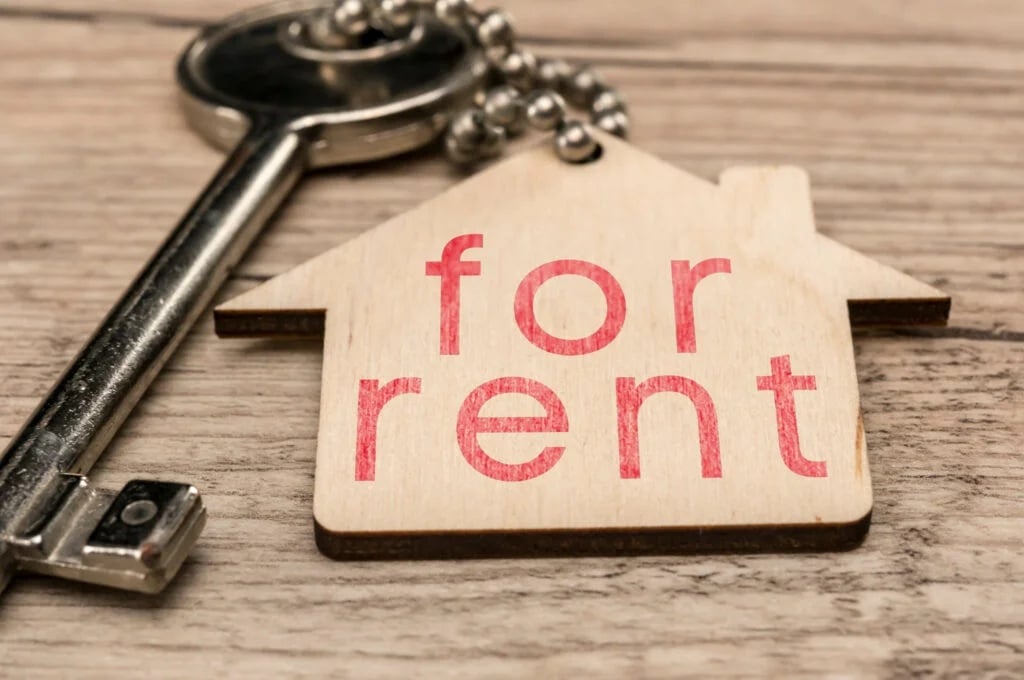


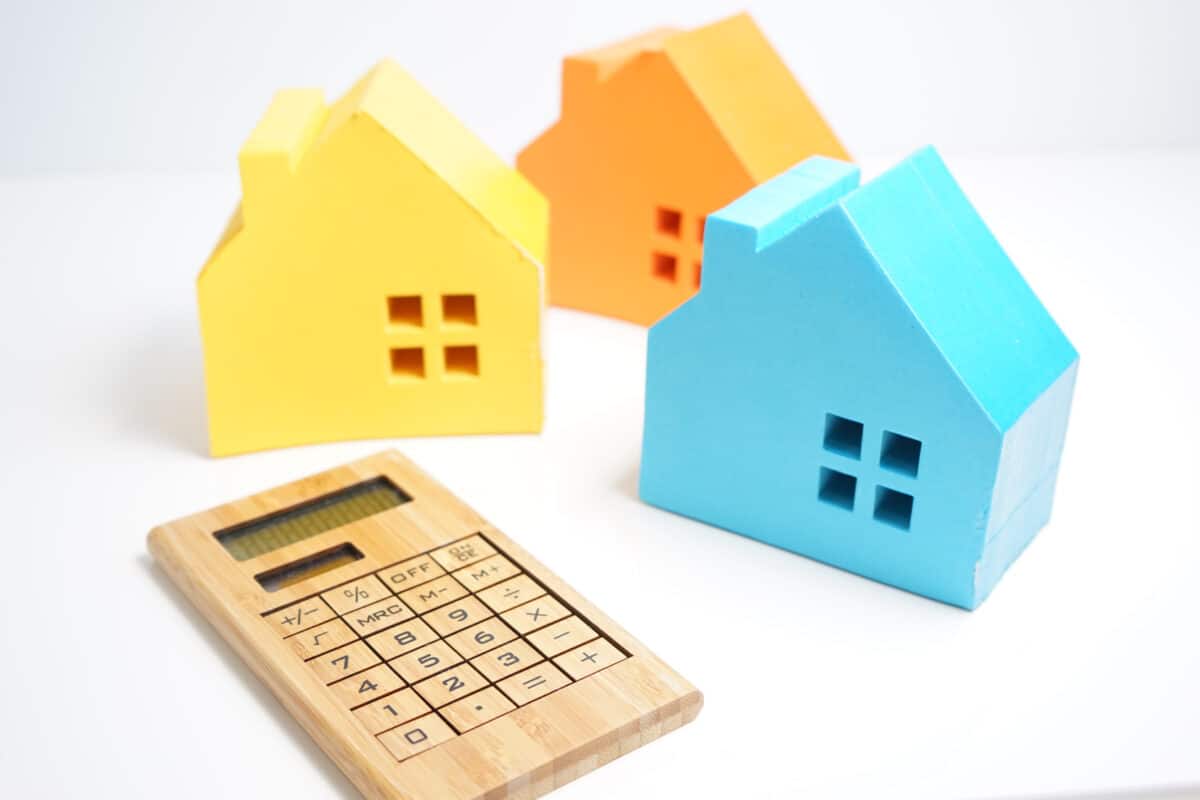
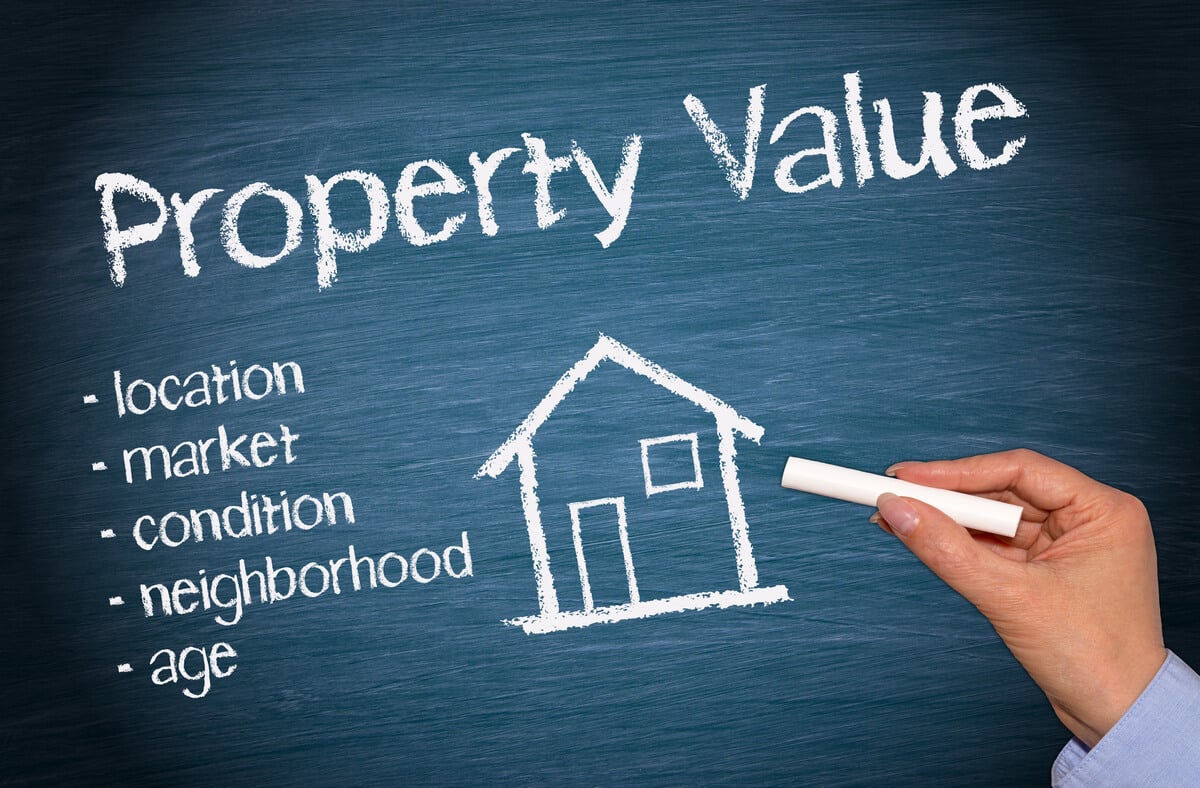










Awards & Achievement










Subscribe for the Latest Condo Deals
Apologies, our subscription list for this month is now full. Please register on our website to secure your spot for next month. Thank you for your interest!

